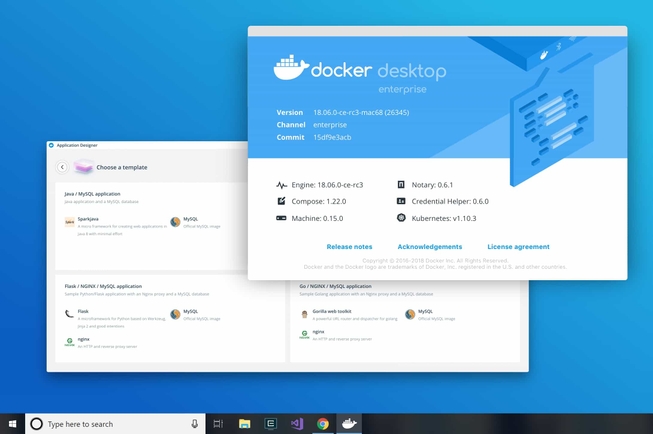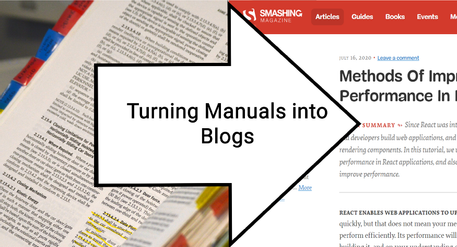How Will You Measure Your Life by Clayton Christensen is a culmination of Christiansen’s teaching and personal philosophy as told through business school case studies. Christensen is famous for his seminal book “The Innovator’s Dilemma” where he explained the now famous Disruption Theory that explains the rise of companies like Netflix and AirBnB.
How Will You Measure Your Life is focused on three goals; how to stay happy in your career, how to maintain a happy home life, and how to stay out of jail. Here’s a quick overview:
Happiness in Your Career
Motivators
There are two kinds of motivation factors in Motivation Theory. Hygiene factors are things like status, pay, and security. Motivation factors are things like recognition, personal growth, and responsibility.
Motivation factors are significantly more powerful than hygiene factors, and are much more predictive of job satisfaction. This is similar to extrinsic vs intrinsic motivation.
Resource Allocation
We lie to ourselves, and make up post hoc stories about why we do things. Look at where you spend resources to determine your real strategy, and how it differs from your desired strategy.
We might want to be good parents, but if every marginal decision is made in favor of work, then our real priority is work. However we shouldn’t succumb to our revealed preference, we should shift resources to become the people that we want to be.
Happiness at Home
Investments
You cannot plant a sapling when you want shade. If you want deep relationships, you need to invest in them before you need them. When in tough moments, people often want to fall back on their friends and family, but if investments in those relationships weren’t made, then their closest allies may feel awkward or like they’re intruding.
What Did You Hire That Milkshake To Do?
We can think of products in terms of “jobs to be done.” Milkshakes aren’t just tasty. When famous fast food brands tried to improve their milkshakes, they found that no matter what changes they made to flavor, sales stayed the same.
What they realized was that milkshakes served a purpose in customer’s lives beyond the taste. They’re a way for parents always saying “no” to their kids to finally say “yes” to something. They’re a way for people to stay full while commuting. They’re a way to treat yourself after an accomplishment.
Your partner has hired you for a job, and you’ve hired them for a job. We often confuse the jobs that we want done from our partner, with the job we want our partner to do. We do random things to “help” which have no effect at all - just like improving the taste of the milkshake.
What we should do is find and communicate what our partner wants, and try to deliver that, instead of coming up with what they should want.
Outsourcing the Ship of Theseus
Don’t outsource important skills to other people. When Dell slowly outsourced more and more of their manufacturing to Asus in several “win-win” decisions, they actually created the recipe for their own failure. By letting their manufacturing skills atrophy, they instead developed Asus’ manufacturing skills and Asus turned into a powerful competitor.
In a similar way allow your kids to develop skills without outsourcing them to others. Install values in your children instead of leaving their teachers, coaches, bosses, and babysitters to do it. Not that your values are always the best and there’s nothing to learn from other adults, but keep in mind the jumbled mess of influences you’re leaving.
Is the ship of Theseus still the same ship after it’s replaced each individual part? Is your child still your child after they inherit all their values from other adults?
Staying Out of Jail
Just this once…
Making a marginally bad decision one time puts you on the path of making more marginally bad decisions. If something is only 1% worse than what you did last time, then it’s acceptable to you. Over time this can lead to decisions that are absolutely horrible, but only 1% worse than what preceded it.
The way you escape this trap is to have hard steadfast rules and principles that aren’t broken. Even at a large cost, you cannot break your integrity.
Choosing Purpose
- Find who you want to be.
- Commit to that person, without breaking any principles.
- Measure your progress towards becoming that person.



